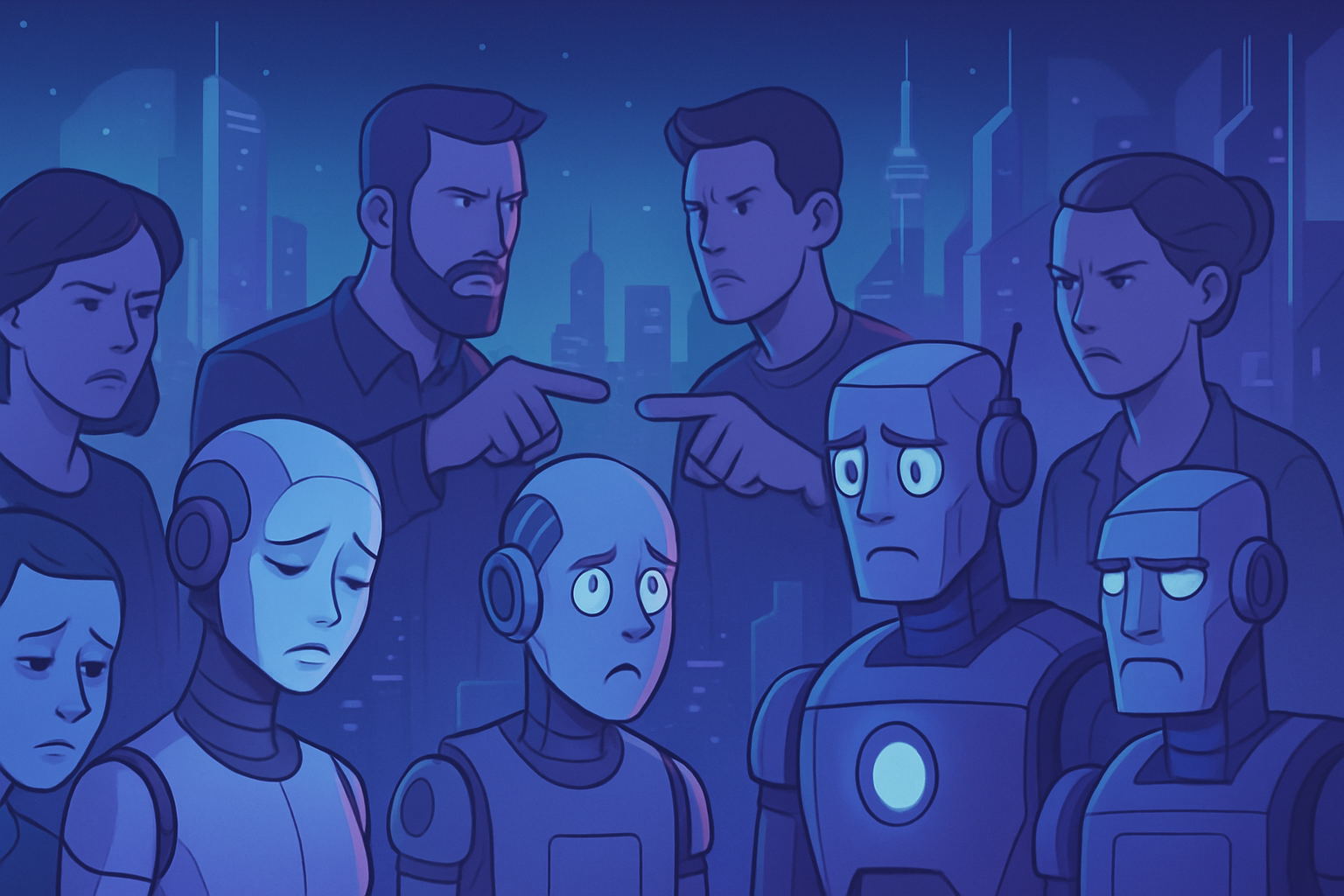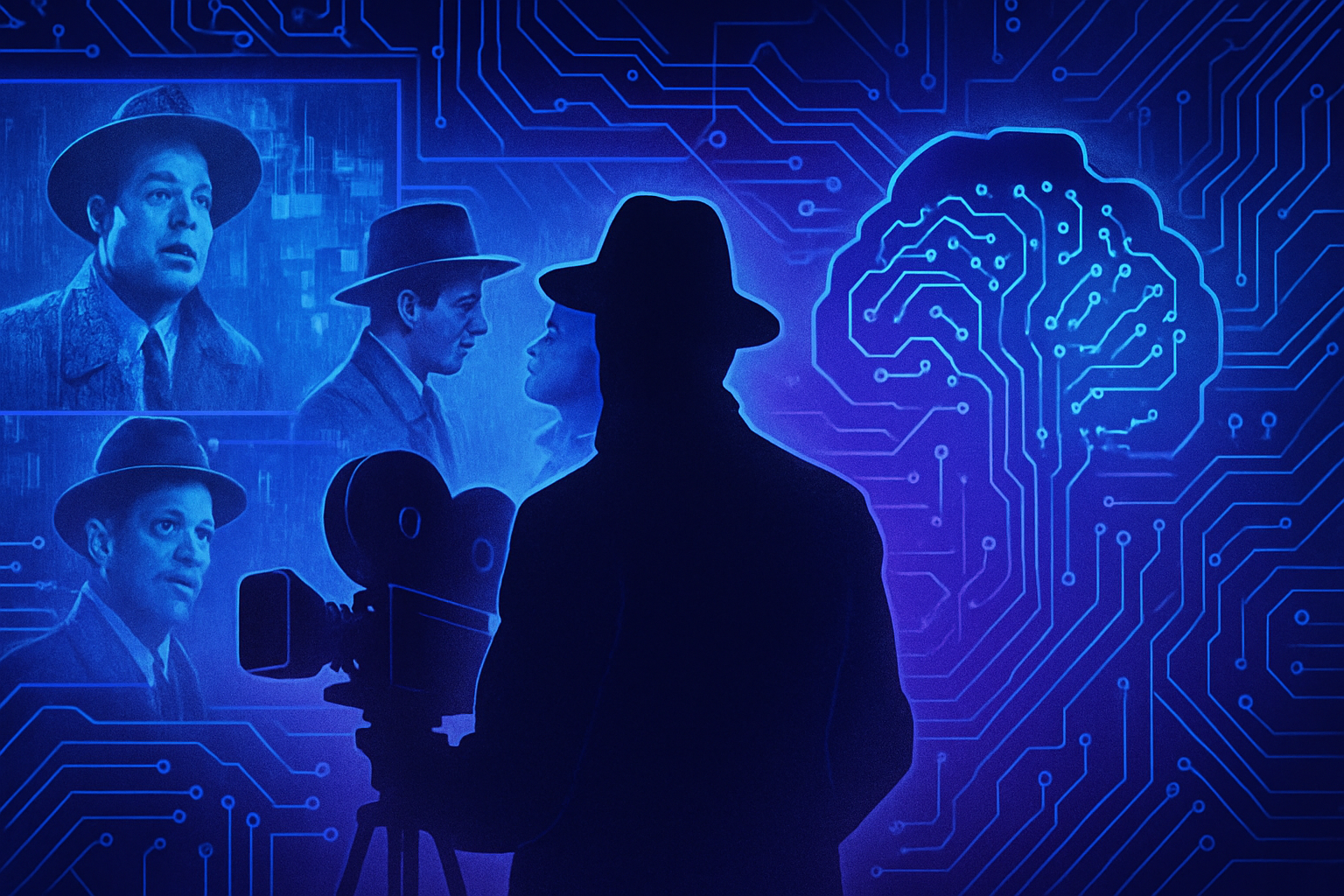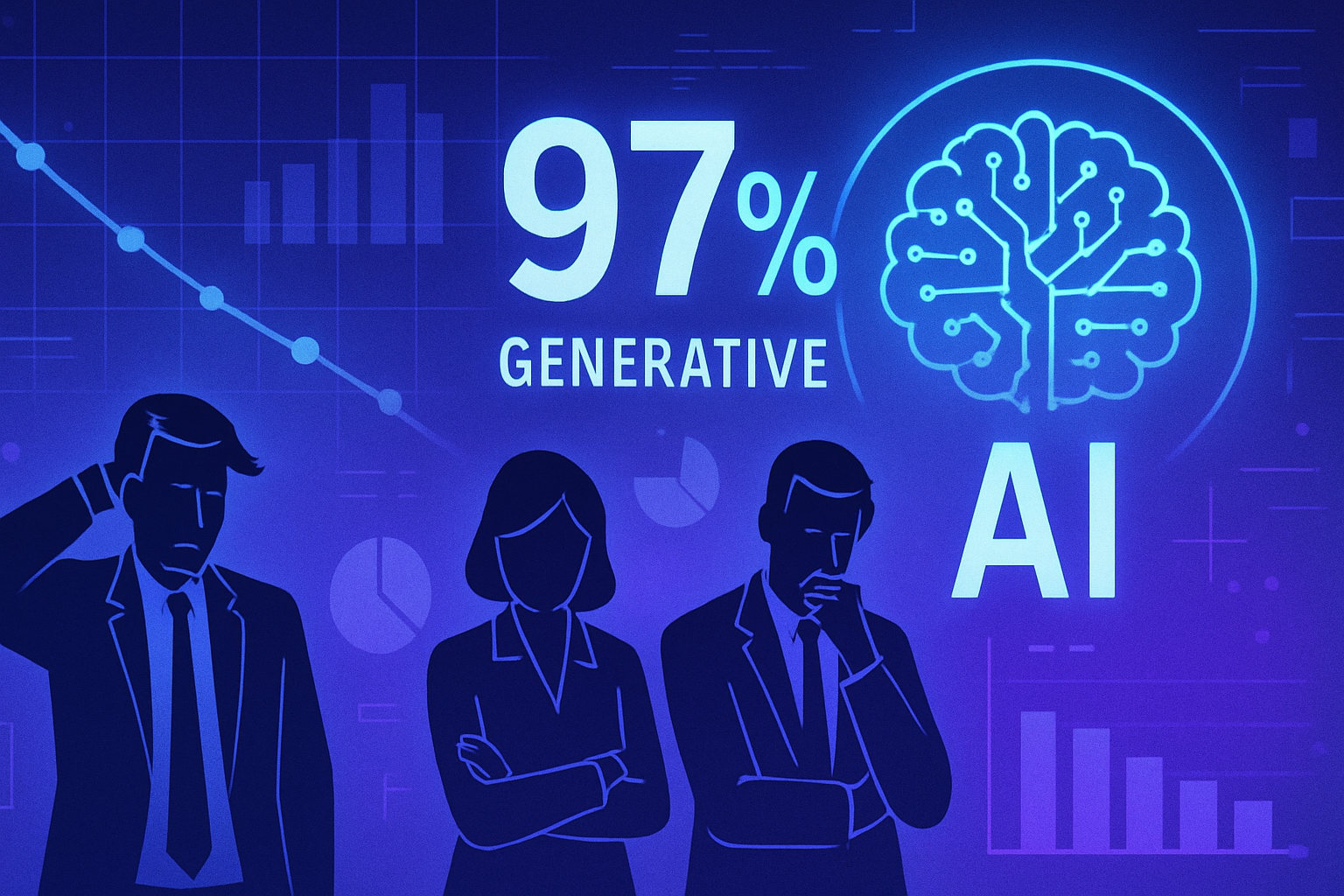“Clanker” embodies the societal tension regarding the rise of robots. This term, ironic and pejorative, crystallizes growing fears towards modern artificial intelligences. Internet users use it to contemptuously refer to automata ranging from chatbots to robotic dogs. This new label, born from the realm of science fiction, reveals deep anxieties, associating technology with the fear of dehumanization. A mild critique echoes debates on robophobia, raising ethical concerns about human interactions with these machines.
The rising popularity of the term “Clanker”
The term “clanker” has recently emerged on social media, becoming the go-to insult used by internet users to mock robots and artificial intelligences. Used in a TikTok video where an influencer lashes out at a robot in a supermarket, the word has already sparked intense interest with nearly 10 million views. The influencer, shouting “you filthy piece of clanker!”, propelled this term into the collective imagination.
Origins and use of the term
Deriving from the English word “clank”, which refers to a metallic sound, “clanker” was initially rooted in the universe of video games and Star Wars series. Fans of this franchise adopted it to refer to battle droids, thus creating a specific lexicon around robots. This word, old in the community, is currently experiencing a resurgence of interest, synthesizing contemporary fears regarding the rise of robotic technologies and artificial intelligence.
The relationship with robots and humor on social media
The phenomenon affects various technological devices such as delivery robots, chatbots, and other automated systems. Internet users seem to unite against these innovations, using the term “clanker” to allege a collective disdain for them. Humorous sketches on TikTok are multiplying, imagining potential futuristic scenarios where employees lose their jobs for daring to utter this word.
Reactions and critiques regarding the insult
The term “clanker” also elicits varied reactions, ranging from amusement to ethical debates. Some voices have emerged to label this mockery as “robophobic hate speech”. Users, particularly on platforms like Reddit, express discomfort regarding this derision, finding parallels with racist and sexist insults, often prohibited in today’s society. This perspective raises a fundamental question about the legitimacy of humor in a context where robots might acquire rights or societal recognition.
The social and technological implications
Concerns regarding advancements in artificial intelligence are palpable. The International Labour Organization has, for instance, warned about the negative consequences of this technological progress on employment and gender inequalities. A 2023 survey reveals that 52% of American adults are more worried than enthusiastic about AI, a sentiment fueling the frenzy around the word “clanker”.
Towards a new era of language and respect?
As the word “clanker” becomes increasingly used, an ethical reflection emerges about the impact of these linguistic practices. The debates surrounding the use of words and their implications touch upon questions of respect towards entities that, although non-human, potentially deserve some ethical consideration. The term, more pejorative than instructive, could evoke a societal discomfort that should not be taken lightly, especially in a rapidly changing technological world.
FAQ about the insult “Clanker” and its use
What is the term “clanker” and where does it come from?
The term “clanker” is an insult derived from the Star Wars universe, used to refer to battle droids. Recently, it has gained popularity on social media to mock various types of robots and artificial intelligences.
Why has the word “clanker” become so popular on social media?
Its popularity exploded on TikTok and X, particularly due to humorous videos where users mock robots by calling them “clankers”. It also reflects a growing anxiety regarding artificial intelligence and its implications in society.
What is the societal context around the use of the insult “clanker”?
The term reflects increasing fears about AI in the workplace and human relationships. In 2023, a majority of Americans were more worried than enthusiastic about AI, which played a role in the rise of the term.
Is the insult “clanker” considered offensive?
While overall, “clanker” is not seen as discriminatory at the same level as racist or sexist insults, some critics argue that it mimics hate speech and could be misinterpreted.
How do users express their discontent towards robots through this insult?
On social media, users share videos and memes where they mock robots using “clanker,” often illustrating fears related to automation and artificial intelligences.
What types of robots are often referred to as “clankers”?
All types of robots, including delivery robots, chatbots, and robotic dogs, are often called “clankers” in this widespread mockery.
How do critics perceive the use of the word “clanker”?
Some critics believe that the satirical use of the word could be problematic, arguing that it trivializes historical hate speech, while others view it simply as a form of humor.
Are there legislative implications associated with the term “clanker”?
Yes, political figures, like Senator Ruben Gallego, have used the term to promote legislation aimed at ensuring that citizens can still interact with humans rather than chatbots.
How does popular culture, like films and series, influence the use of the word “clanker”?
Science fiction films and series have often predicted the use of mocking terms for robots. This has persisted from references in classics like “Battlestar Galactica” to contemporary usage on social media.






